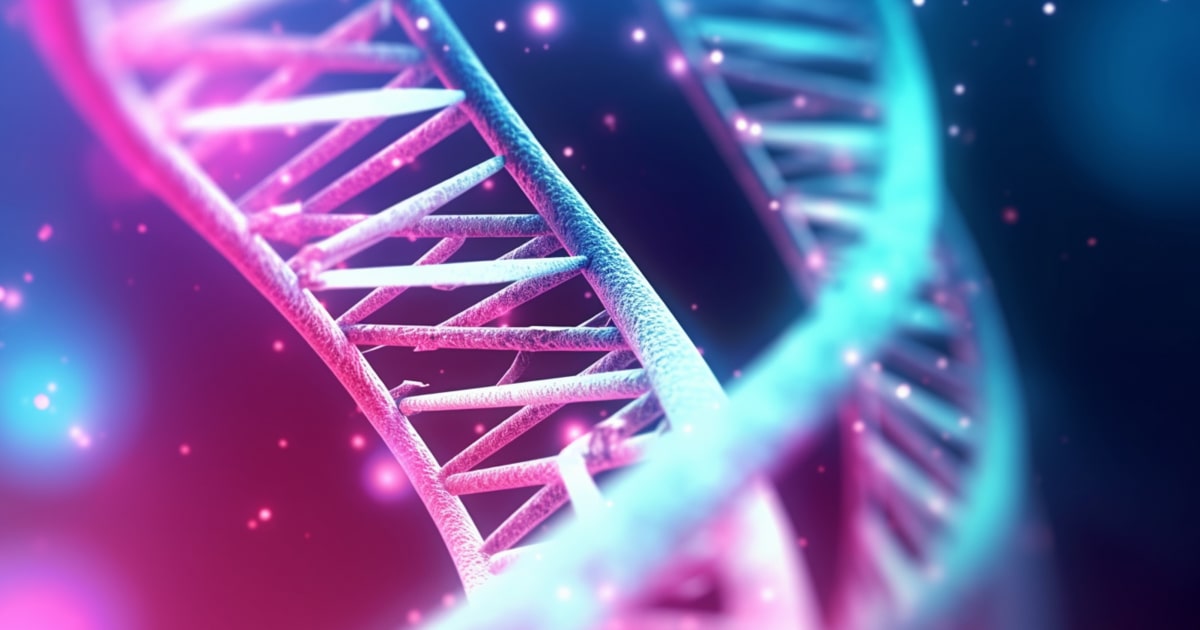
Expert Reviewed By: Dr. Brandon Colby MD
Retinal degeneration, autosomal recessive, clumped pigment type is a rare inherited eye disorder that leads to progressive vision loss. This condition is characterized by the presence of clumped pigment deposits in the retina, which is the light-sensitive tissue at the back of the eye. As the disease progresses, the retinal cells responsible for capturing light and transmitting visual information to the brain gradually degenerate, resulting in a decline in visual acuity and, eventually, blindness. In this article, we will delve into understanding this condition, explore the latest advancements in diagnosing it, and discuss the potential role of genetic testing in managing and treating this disorder.
Understanding Retinal Degeneration
Retinal degeneration encompasses a group of inherited eye disorders that cause progressive vision loss due to the degeneration of photoreceptor cells in the retina. Photoreceptor cells, which include rods and cones, are essential for capturing light and converting it into electrical signals that the brain interprets as visual images. There are several types of retinal degeneration, including autosomal recessive clumped pigment type, which is caused by specific genetic mutations.
Genetic Mutations Linked to Retinal Degeneration
Recent studies have identified several genetic mutations that contribute to the development of retinal degeneration. One such study, "Retinal Degeneration Secondary to MERTK Mutations: Potential Candidate for Gene Therapy", highlights the role of MERTK-related inherited retinal diseases as potential candidates for gene augmentation therapy. This therapy targets retinal pigment epithelium cells, which support the function of photoreceptor cells, rather than the degenerating photoreceptor cells themselves.
Diagnosing Retinal Degeneration
Diagnosing retinal degeneration typically involves a comprehensive eye examination, including a detailed assessment of the retina. This may involve the use of specialized imaging techniques, such as optical coherence tomography (OCT) and fundus photography, to visualize the retina and detect any abnormalities. Genetic testing can also play a crucial role in confirming the diagnosis and identifying the specific genetic mutations responsible for the condition.
The Role of Genetic Testing in Diagnosis
Genetic testing can help identify the specific genetic mutations causing retinal degeneration, which can be particularly useful for individuals with a family history of the condition. Identifying the causative mutations can aid in determining the precise type of retinal degeneration, as well as inform potential treatment options. For example, the study "OTUD6B-associated intellectual disability: novel variants and genetic exclusion of retinal degeneration as part of a refined phenotype" identifies novel variants in OTUD6B-associated intellectual disability and excludes retinal degeneration as part of the refined phenotype.
Using Genetic Testing for Treatment and Management
While there is currently no cure for retinal degeneration, genetic testing can play a vital role in guiding treatment and management strategies. By identifying the specific genetic mutations responsible for the condition, researchers can develop targeted therapies that address the underlying genetic defects.
Gene Therapy and Retinal Degeneration
Gene therapy is a promising avenue for treating retinal degeneration caused by specific genetic mutations. By introducing functional copies of the affected genes into the retinal cells, researchers hope to restore normal function and prevent further degeneration. The aforementioned study on MERTK mutations highlights the potential of gene augmentation therapy for treating retinal degeneration.
Other Potential Treatment Approaches
Another study, "Drinking hydrogen water improves photoreceptor structure and function in retinal degeneration 6 mice", suggests that drinking water high in hydrogen (1.2-1.6 ppm) may have neuroprotective effects and inhibit photoreceptor death in mice, indicating potential for treating retinitis pigmentosa, a form of retinal degeneration.
In conclusion, retinal degeneration, autosomal recessive, clumped pigment type is a rare inherited eye disorder that leads to progressive vision loss. Genetic testing can play a crucial role in diagnosing the condition, identifying causative genetic mutations, and guiding treatment and management strategies. While there is currently no cure for this disorder, ongoing research into gene therapy and other treatment approaches offers hope for those affected by retinal degeneration.
About The Expert Reviewer
Dr. Brandon Colby MD is a US physician specializing in the personalized prevention of disease through the use of genomic technologies. He’s an expert in genetic testing, genetic analysis, and precision medicine. Dr. Colby is also the Founder of and the author of Outsmart Your Genes.
Dr. Colby holds an MD from the Mount Sinai School of Medicine, an MBA from Stanford University’s Graduate School of Business, and a degree in Genetics with Honors from the University of Michigan. He is an Affiliate Specialist of the American College of Medical Genetics and Genomics (ACMG), an Associate of the American College of Preventive Medicine (ACPM), and a member of the National Society of Genetic Counselors (NSGC)